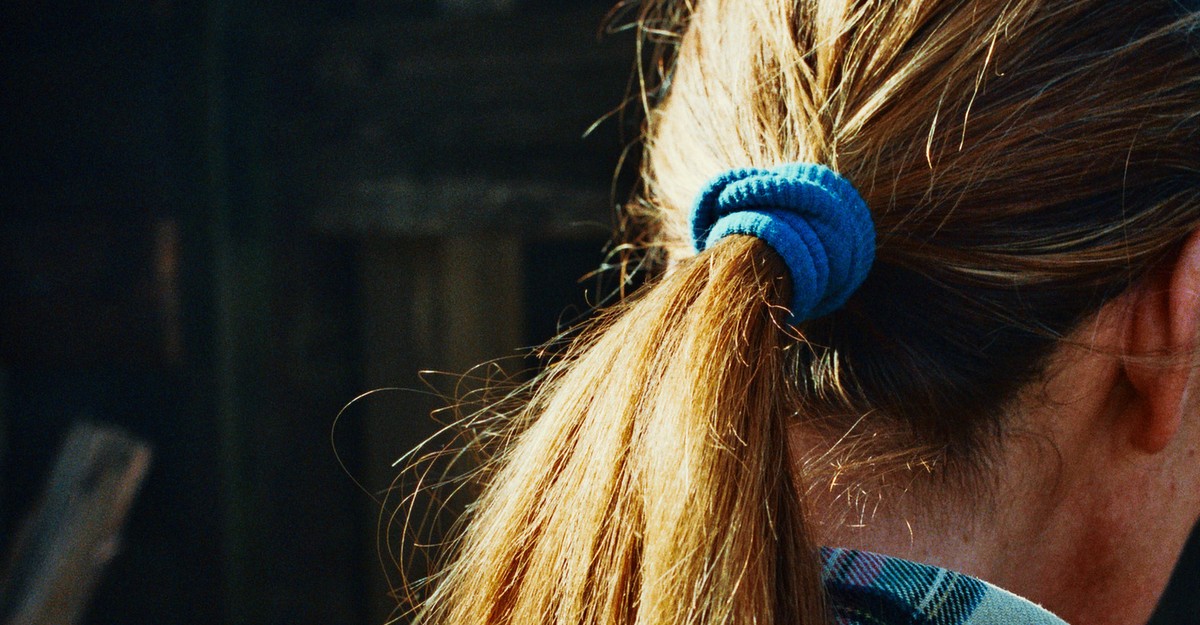Babysitting was once considered both a job and a significant milestone in one’s journey to adulthood, particularly for many American teenagers, especially girls. It represented a transitional phase towards maturity, offering a sense of responsibility within certain boundaries. While tasks like cooking dinner may not have been required, simple duties like reheating leftovers for the children were common. Often, babysitters would find the kids already in bed upon arrival, leading to bedtime stories, turning off lights, and spending time watching TV until the parents returned. There was a sense of assurance knowing whom to contact in case of any emergencies. Historian Paula Fass, from UC Berkeley, shared her babysitting experience from around 1960, highlighting how parents back then would prepare by putting their children to bed and stocking the fridge for the babysitter. They acknowledged the sitter’s capacity to act as an additional guardian in the household while still maintaining a youthful demeanor by indulging in snacks.
According to sociologist Yasemin Besen-Cassino from Montclair State University, babysitting was deeply ingrained in the American cultural fabric, symbolizing a classic teenage experience that straddled the line between dependence and independence. The mid-20th century saw a common practice of part-time jobs among teens in the U.S., reflecting societal values of hard work, discipline, and financial autonomy. Even preteens would engage in babysitting, embodying a character that encapsulated the anxieties surrounding adolescent autonomy. The image of the young babysitter became synonymous with American girlhood, embodying questions about maturity, authority, and the impending transition into adulthood. These concerns manifested not only in real-life scenarios but also in various forms of media, including books, shows, and movies.
However, the traditional concept of the teenage babysitter, prevalent in both popular culture and reality, has gradually faded away. Present-day society appears less concerned about adolescents and more concerned for their well-being and future prospects. The perception of teenagers as less mature today has contributed to the decline of babysitting opportunities for teens. The 1920s marked a period of increased leisure activities, driven by technological advancements that eased household chores, rising incomes, and a burgeoning entertainment industry. This shift led to parents seeking evening entertainment and daytime childcare, creating a demand for teenage babysitters.
The role of the babysitter, from its inception, was met with skepticism due to entrusting young individuals with the care of children and homes. Beyond concerns of safety, the babysitter represented the evolving autonomy of teenage girls, symbolizing a shift towards independence. Media depictions of babysitters in the 1960s and 1970s often reflected societal anxieties, portraying them as seductresses or victims in horror scenarios. Despite these negative portrayals, parents continued to rely on teenage babysitters for their childcare needs. The emergence of “The Baby-Sitters Club” book series in the 1980s helped reshape the image of babysitters, presenting them as responsible and competent role models, easing parental concerns.
In contemporary times, the landscape of babysitting has transformed significantly, with parents opting for professionalized childcare services or more experienced caregivers. The decline in teen babysitting opportunities can be attributed to the shift towards intensive parenting, where children are viewed as fragile and in need of constant supervision. This shift has raised the age threshold for leaving children unattended and has led to a decrease in teen employment rates. The prolonged transition from childhood to adulthood has reshaped societal expectations, making traditional teenage jobs like babysitting less common among today’s youth.
While babysitting remains a valuable form of caregiving, the changing dynamics of modern parenting and teen priorities have reshaped the role of the teenage babysitter. Efforts to professionalize babysitting and provide teens with skills training reflect a shift towards recognizing the importance of caregiving as serious work. Despite the decline in traditional babysitting opportunities, there is still a need for support and opportunities for teens to develop responsibility and valuable life skills through caregiving roles. By acknowledging the significance of caregiving and empowering teens in this role, society can foster a sense of community trust and support the growth and development of young individuals.

